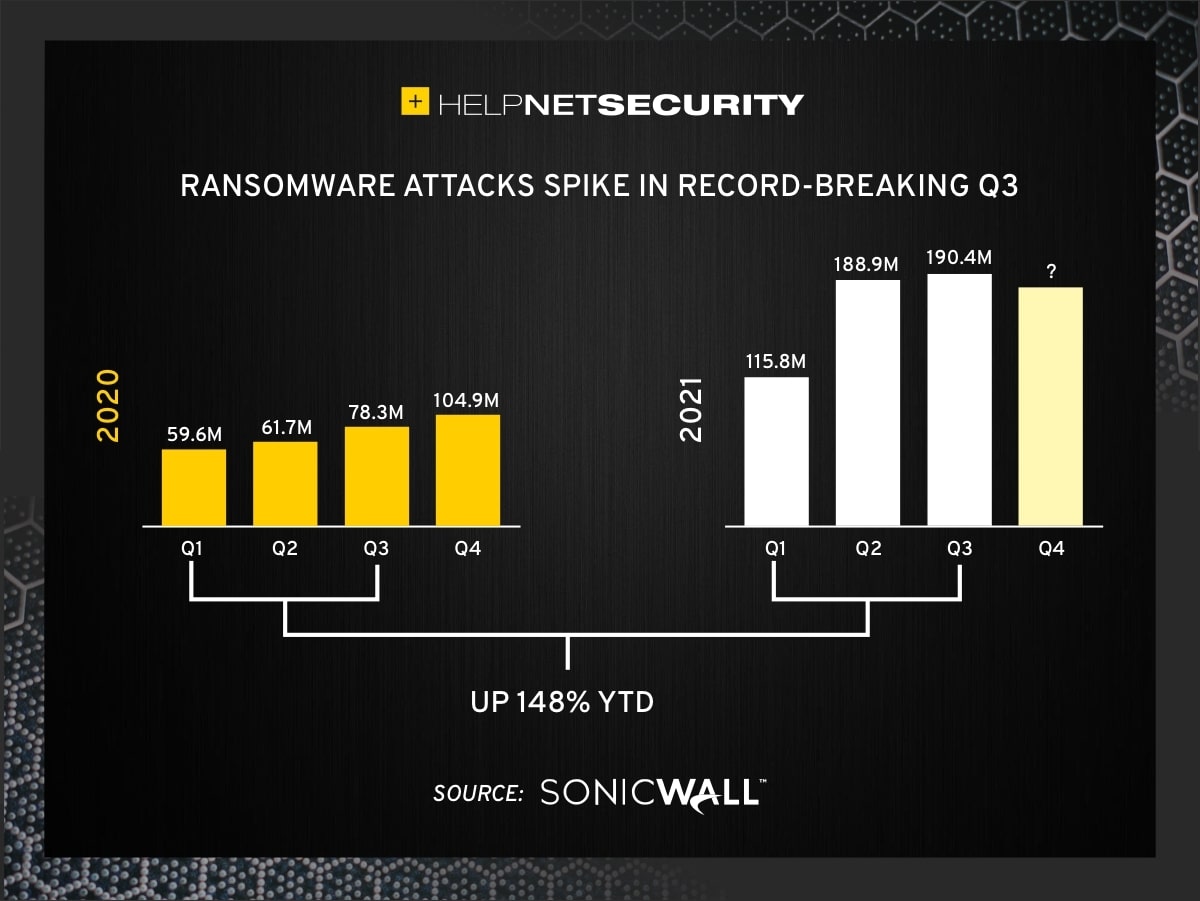Google Dorking and ChatGPT: Exposing Sensitive Data in Shared Chats

Google Dorking and ChatGPT: Exposing Sensitive Data in Shared Chats
ChatGPT has revolutionized the way we interact with AI, offering a powerful tool for generating text, answering questions, and even creating code. However, the convenience of sharing ChatGPT conversations comes with potential privacy risks. This article explores how Google Dorking techniques can expose sensitive information from shared ChatGPT chats and what you can do to protect yourself.

chatgpt-privacy and security
The Risk of Sharing ChatGPT Conversations
ChatGPT allows users to share their conversations with others through unique URLs. While this feature is useful for collaboration and demonstration purposes, it also creates a potential vulnerability. These shared links are often indexed by search engines like Google, meaning that anyone can potentially find and view your conversations if they know the right search terms.
The problem arises when users inadvertently share sensitive information within these conversations. This could include personal details, financial information, confidential business data, or anything else that you wouldn't want to be publicly accessible. Even seemingly harmless information can be pieced together to create a more complete picture of an individual or organization.
Google Dorking: Finding Hidden Information
Google Dorking, also known as Google hacking, is a technique that uses advanced search operators to find specific information on the internet. By using operators like "site:" and "inurl:", attackers can narrow down their search results to find specific types of files or web pages. In the context of ChatGPT, a Google Dorking query might look something like this:
site:chatgpt.com/share inurl:share "sensitive information"This query would search for pages on the chatgpt.com domain that contain the word "share" in the URL and the phrase "sensitive information" on the page. While this specific query may not yield immediate results, it illustrates the potential for attackers to use Google Dorking to find shared ChatGPT conversations containing sensitive data.
Protecting Your Privacy on ChatGPT
Fortunately, there are several steps you can take to protect your privacy when using ChatGPT:
- Be mindful of what you share: Avoid sharing any sensitive information in your ChatGPT conversations, including personal details, financial data, or confidential business information.
- Don't share conversations unnecessarily: Only share conversations when absolutely necessary, and be sure to review the content carefully before sharing.
- Use a privacy-focused browser and search engine: Consider using a browser like Brave or Firefox with privacy extensions, and a search engine like DuckDuckGo that doesn't track your searches.
- Check your shared links: If you have shared ChatGPT conversations in the past, check to see if they are indexed by Google. You can do this by searching for "site:chatgpt.com/share" followed by a unique phrase from your conversation.
- Request removal from Google: If you find that your shared ChatGPT conversation is indexed by Google and contains sensitive information, you can request that Google remove it from their search results.
Key Takeaways
The ability to share ChatGPT conversations is a convenient feature, but it also introduces potential privacy risks. By understanding how Google Dorking can be used to expose sensitive information and by taking steps to protect your privacy, you can minimize your risk and enjoy the benefits of ChatGPT without compromising your personal data.





